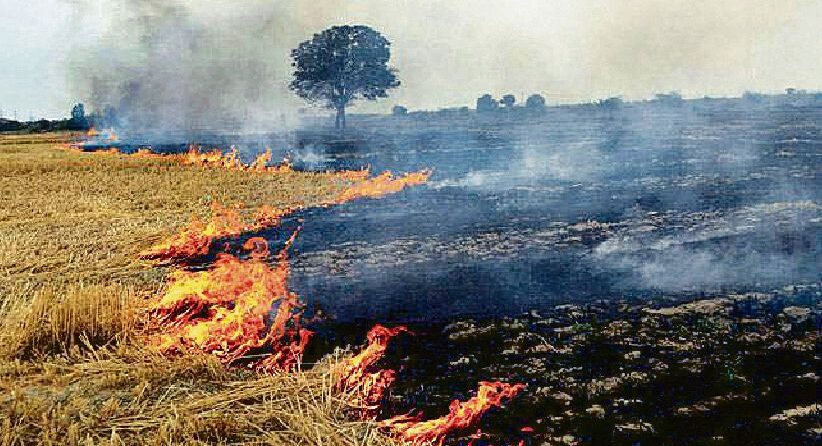According to the Consortium for Research on Agroecosystem Monitoring and Modelling from Space (CREAMS), which is run by the Indian Agricultural Research Institute (IARI), more than 350 incidents of stubble burning were reported in the nation between September 15 and September 30 – an increase from the 159 incidents reported during the same period last year.
The number of crop residue burning incidents in Punjab peaked in 2023 at 214, up from 147 during the same time period in the previous year. Eighty-one stubble-burning occurrences occurred on September 30 and 68 on September 29 out of the total. Amritsar was the city with the most cases from Punjab, with 174 incidents.
The Punjab Government filed state and district-level action plans for the current paddy harvesting season on Tuesday (October 3) to the Commission for Air Quality Management (CAQM).
“Around 23,000 additional crop residue management machines are being purchased for Punjab, which currently has 1,17,672 equipment in use. Through the 23,792 Custom Hiring Centres (CHCs) set up for the purpose in the State, the Commission for Air Quality Management (CAQM) has urged the State Government of Punjab to use Crop Residue Management (CRM) equipment as effectively and efficiently as possible, according to an official statement.
What drives farmers to burn crop waste?
Farmers in Punjab and other areas burn their remaining crop material due to financial constraints rather than investing money to clean the stubble and sell it as fodder manually.
Additionally, Punjab, Haryana, and Uttar Pradesh farmers have little time to prepare the soil for wheat planting because state laws intended to protect the groundwater prohibit farmers from sowing the paddy crop before specific dates in June, delaying sowing and consequently harvesting.
This year, the Union had given the states 600 crore rupees to handle paddy straws, including a brand-new project on ex-situ supply chain management. Around Rs 105 crore has already been released to Punjab while Rs 90 crore has been allocated for Haryana, the Business Standard reported.

